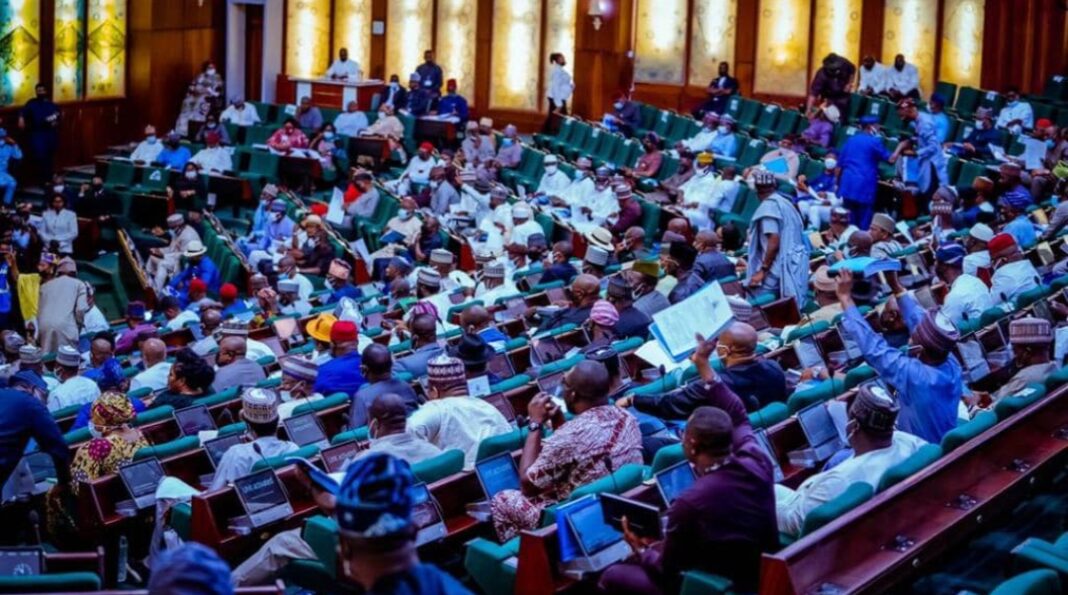The House of Representatives has advanced a bill seeking to restructure Nigeria’s budgeting framework through a constitutional amendment that would enforce fiscal discipline, transparency, and long-term national planning.
The bill, sponsored by Hon. Nkemkanma Kama, was debated during Tuesday’s plenary and subsequently passed for second reading.
Leading the debate, Kama said the proposed amendment to the 1999 Constitution aims to ensure the timely presentation of annual budget estimates by the Executive to the Legislature and the submission of audited financial statements to enhance accountability and development-focused spending.
According to him, the bill seeks to “fundamentally strengthen the foundation of Nigeria’s fiscal governance” by making the budget process timely, evidence-based, and transparent.
He lamented that the nation’s budgeting system has been riddled with delays, poor implementation, and weak reporting, adding that these inefficiencies have stunted economic growth and eroded public confidence in governance.
“This Bill offers a structural remedy by embedding discipline, transparency, and long-term vision into the Constitution to guide the budget process at all levels of governance,” he said.
The bill proposes amendments to Sections 81 and 121 of the Constitution to mandate the President to present annual budget estimates to a joint session of the National Assembly not later than the last working day of September each year.
It also seeks to require the submission of audited financial statements for the preceding three years alongside each budget and to classify public expenditure under five defined heads with specific ratios — not less than 30% for infrastructure, 20% for human capital development, 15% for personnel costs, 10% for administrative overheads, and 25% for debt obligations.
Other provisions include the requirement for preliminary expenditure accounts to accompany supplementary budgets and the inclusion of five-year projections for infrastructure and human capital development, extending similar standards to state governments.
Kama described the proposed law as a patriotic reform that would institutionalise fiscal discipline and ensure that Nigeria’s budget truly serves the people.
“By adopting this Bill, we will be laying a permanent constitutional foundation for development-oriented spending and transparent governance at all levels,” he said.
The bill was unanimously adopted and passed for second reading.

